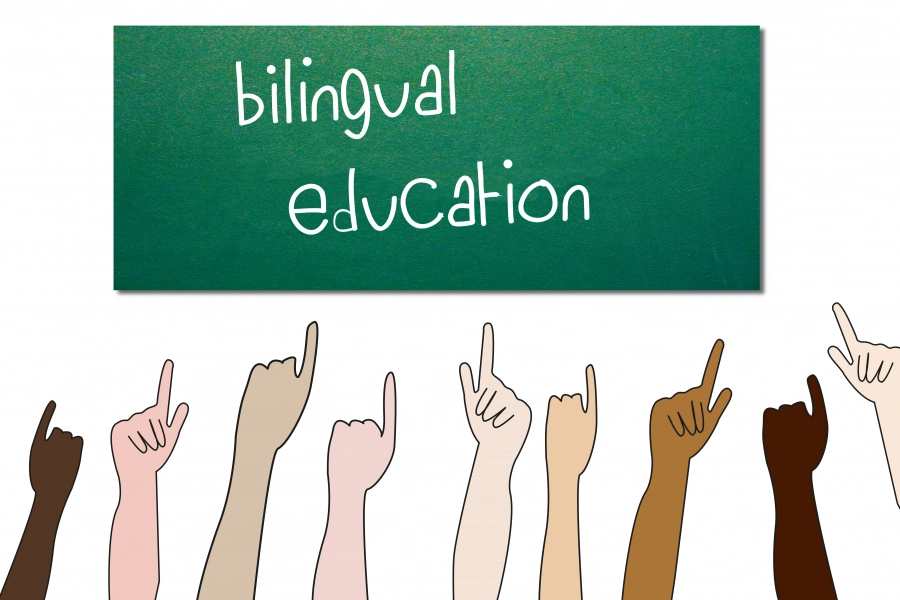


The rise of bilingual education in schools
The rise of bilingual education in schools reflects a global trend towards a more inclusive and diverse education. This way of teaching, often synonymous with quality and openness to an international perspective, is increasingly in demand, particularly in French and international schools. By focusing on a bilingual approach, schools work to prepare children for an increasingly connected world, where proficiency in multiple languages is an undeniable skill for the future.
Advantages of Bilingual Education
Enhanced Linguistic and Cognitive Skills Bilingual education offers significant benefits beyond simply mastering a foreign language. Research shows that students in bilingual schools develop better cognitive skills, particularly in problem-solving and critical thinking. Additionally, learning in two languages stimulates creativity and mental flexibility. This prepares students to succeed in a globalised world, where the ability to communicate and think interculturally is essential.
Sociocultural Impacts of Bilingual Education
Shaping Global Citizens Bilingual education in school has a significant impact on shaping global citizens. By learning to respect and understand various cultures from a young age, students develop a global perspective and cultural tolerance. This prepares them to become responsible and enlightened actors in an increasingly interconnected society.
Bilingual education in school is much more than just acquiring language skills. It is a comprehensive educational approach that prepares students to navigate a multilingual and multicultural world with confidence and competence. While challenges exist, the benefits of this way of teaching are clear, and its continued expansion reflects a positive shift in global educational priorities.
Bilingual private schools are at the forefront of language education in an increasingly connected world where mastery of multiple languages has become crucial. They adopt innovative teaching methods to optimise language acquisition among their students. This article delves into these groundbreaking pedagogical approaches that contribute to shaping a globalised and multilingual generation. Unlike traditional methods, total immersion into a language exposes students to the target language in all aspects of their school life, thus facilitating faster and deeper acquisition.
Learning through play: To make language learning more engaging, schools integrate fun and interactive activities such as role-playing, songs, and board games.
Educational technology: Technological tools such as language learning software and mobile applications complement traditional methods, providing students with personalised and interactive learning opportunities.
Towards Innovative Bilingual Education
The use of advanced technologies and innovative pedagogical resources plays a crucial role in improving bilingual education. Tools such as Google for Education and interactive platforms allow students to access resources in different languages, enriching their learning experience. These technologies also facilitate communication between students and teachers, enabling a more personalised and adaptive approach to teaching.
Small class sizes : Small classes foster a collaborative learning environment where students receive more personalised attention from their teachers.
Cultural integration : In addition to language instruction, schools emphasise the discovery and celebration of cultures associated with the languages taught through various cultural activities.
Continuous and formative assessment : Rather than focusing solely on final exams, schools implement continuous assessment methods to track students' progress and provide regular feedback.
Conclusion
bilingual private schools prepare students to succeed in a multilingual and interconnected world by adopting innovative teaching methods such as language immersion, learning through play, and the use of educational technology.


